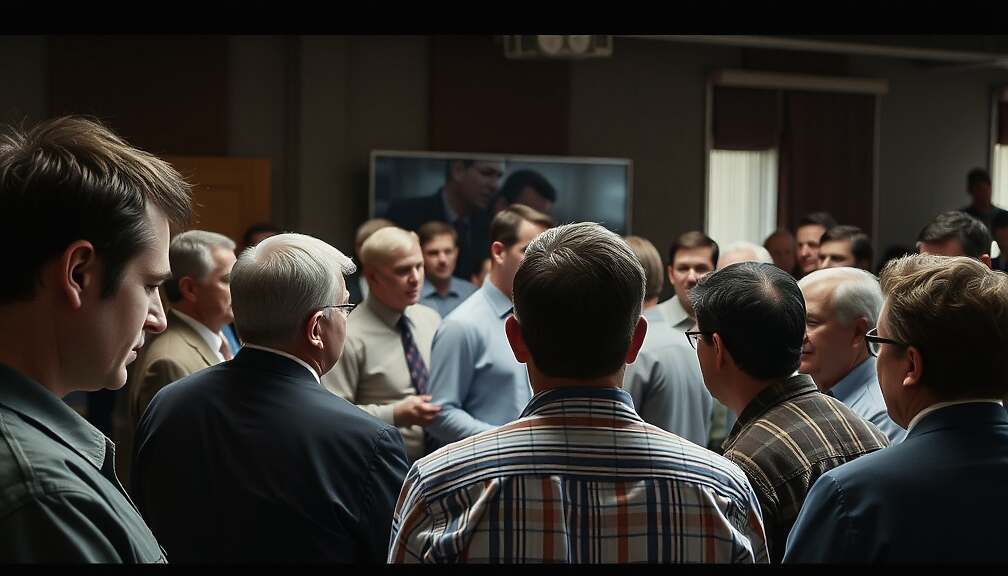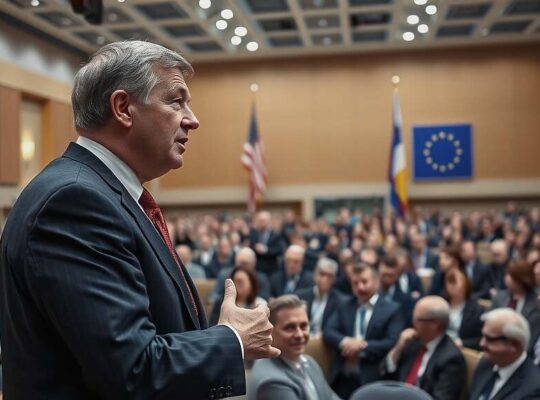Internal power struggles are escalating within the Alternative for Germany (AfD) state association of Saxony-Anhalt, just ten months before the crucial state election. According to reports in “Stern” magazine, a significant fracture is emerging, threatening to destabilize the party’s regional organization and potentially impacting its electoral prospects.
Three local AfD branches have formally requested a special party conference scheduled for late November, with the primary objective being the removal of a substantial portion of the current state executive committee. The intended outcome is a sweeping leadership overhaul, retaining only the two current co-chairs, John Lucas Dittrich and Thomas Schulze, in their positions.
The justification for this drastic measure, as outlined in the conference request, centers on a perceived obstructionist stance from a faction within the existing state executive. The proposal alleges a “growing blockade” hindering constructive collaboration and impeding the implementation of party decisions. The document asserts that the state executive has effectively lost its capacity to function.
Specific individuals targeted for removal include managing director Katja Wendland, treasurer Matthias Lieschke, deputy chairwoman Sylvia Winkelmann-Witkowsky and board members Bianca Görke and Florian Thomas.
Simultaneously with the call for the party conference, a scathing counter-declaration has surfaced from the five targeted executive members. This document, reportedly spanning 15 pages, details serious accusations leveled against Dittrich and Schulze, the two chairs.
The declaration paints a picture of an environment where “boundaries have been crossed” creating a “climate of uncertainty and distrust”. The authors claim the chairs lack both the experience and the willingness to solicit advice, instead resorting to “intimidation and exclusion.
The document further alleges a range of misconduct, including manipulation of delegate counts at the state party conference in June and Schulze’s apparent self-promotion as the party’s leading candidate for the upcoming state election. These accusations, if substantiated, could represent a significant blow to the party’s credibility and further expose deep-seated divisions within the Saxony-Anhalt AfD as it prepares for a pivotal election contest. The infighting highlights the ongoing challenges facing the party as it attempts to present a unified front to voters.












